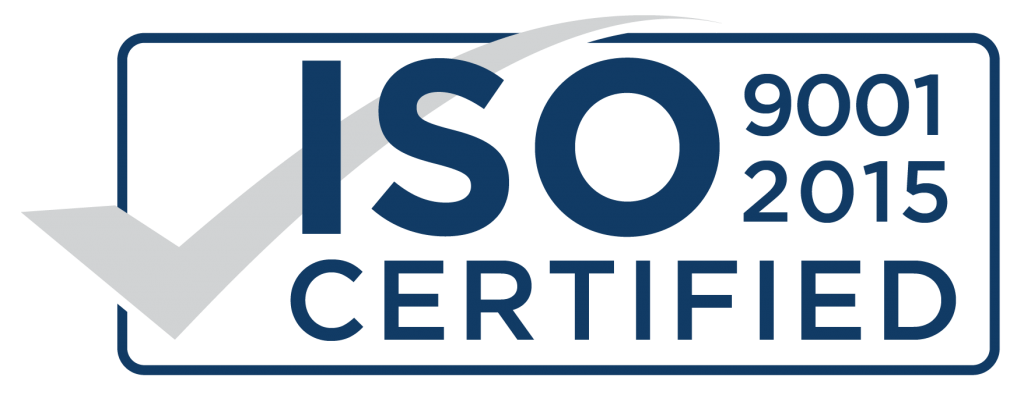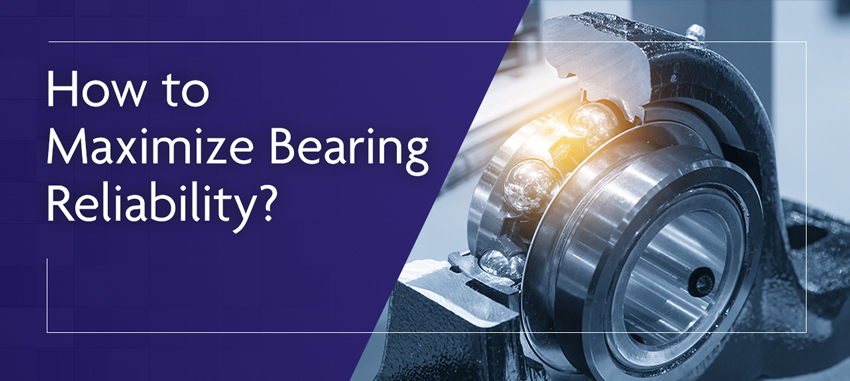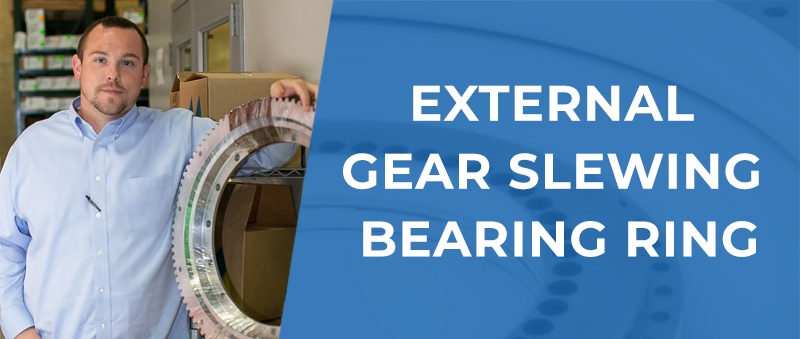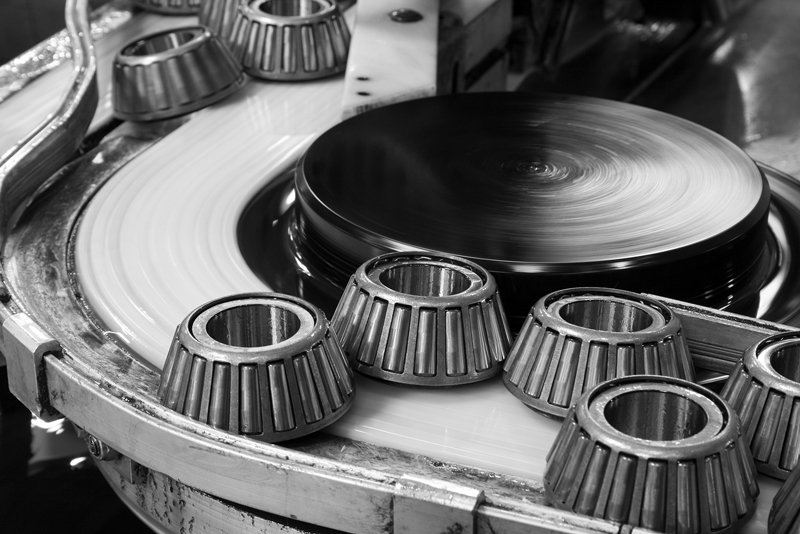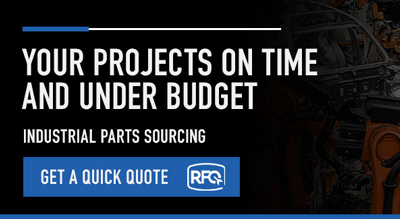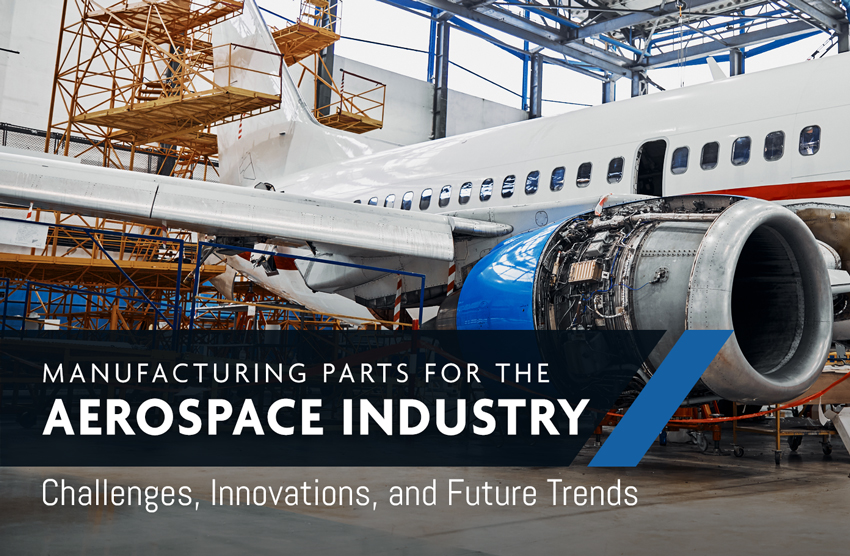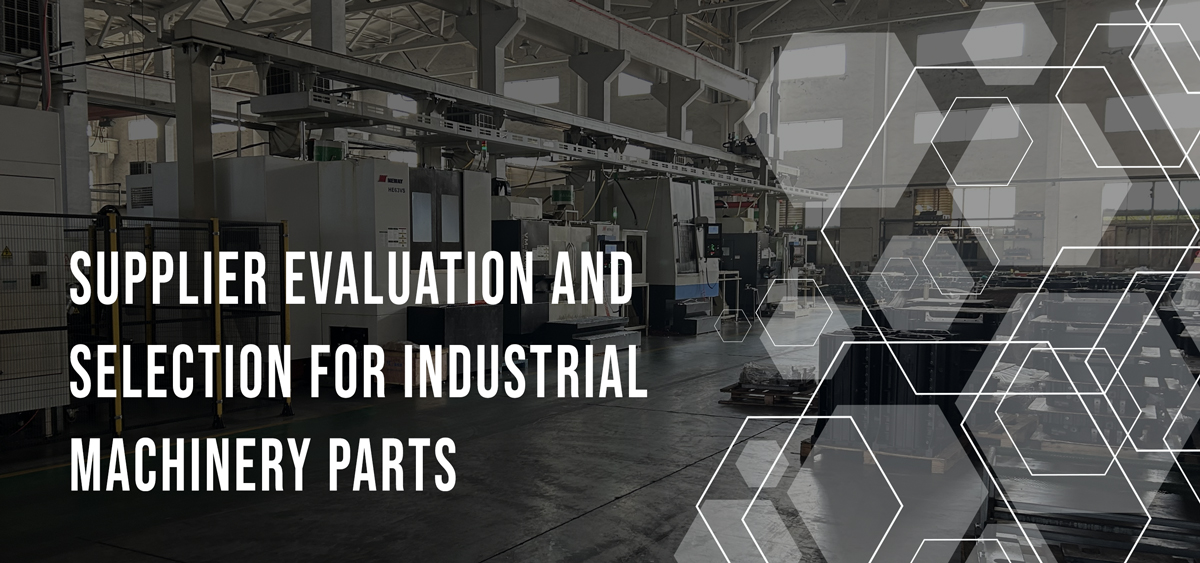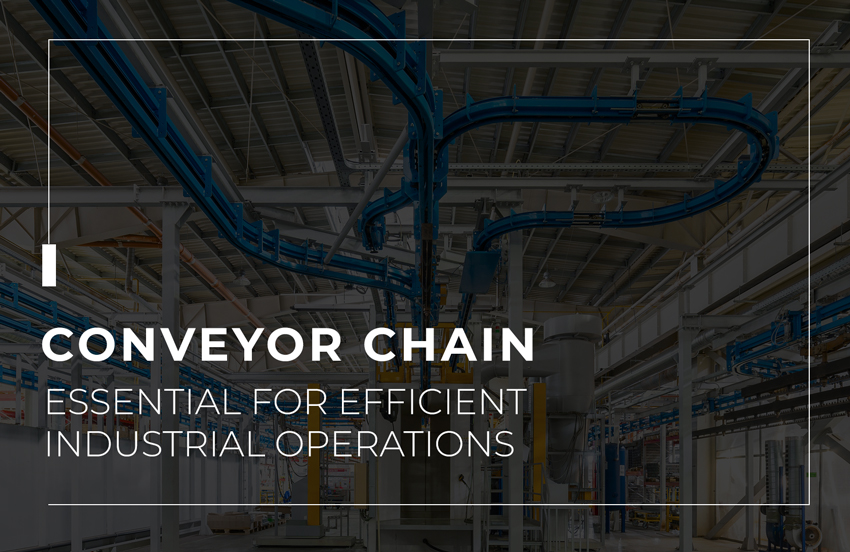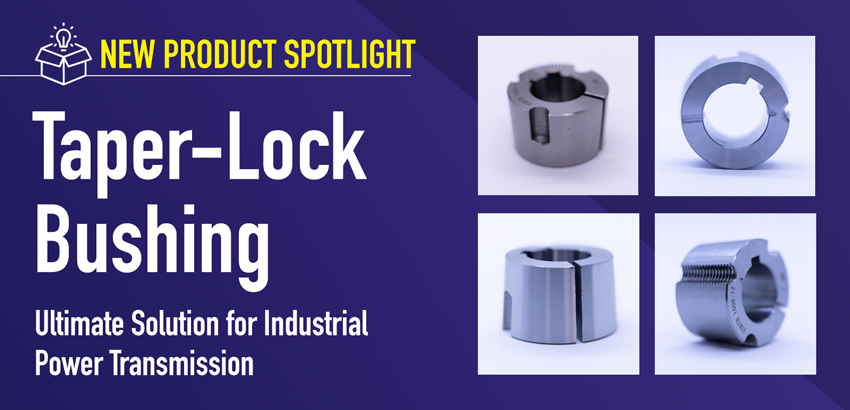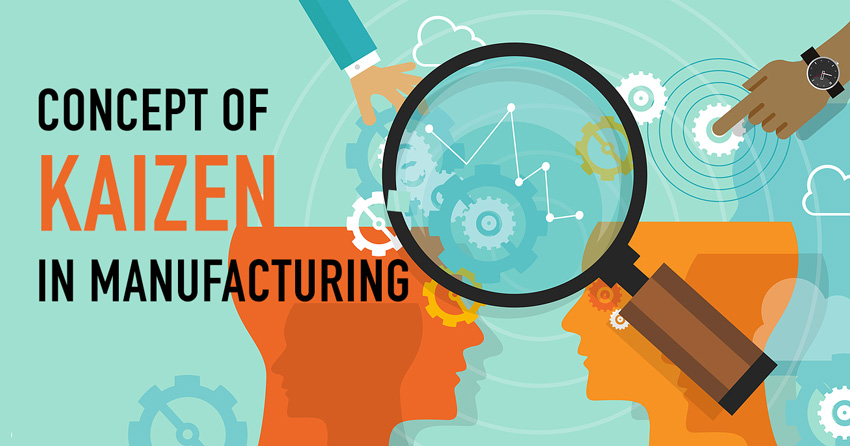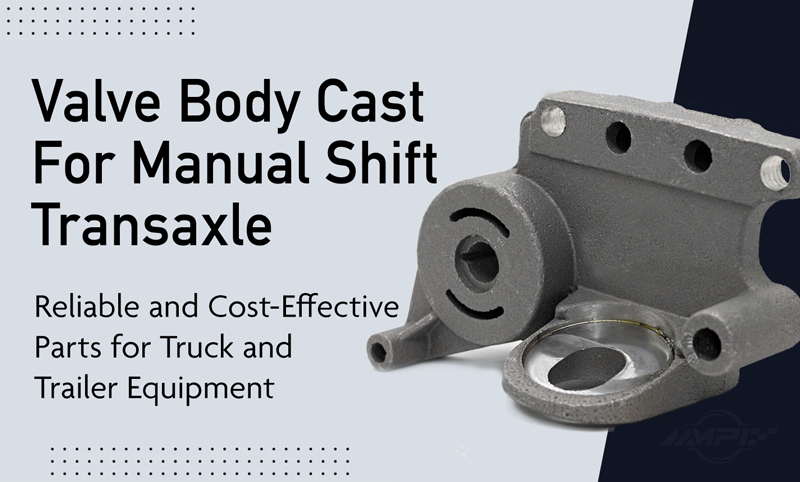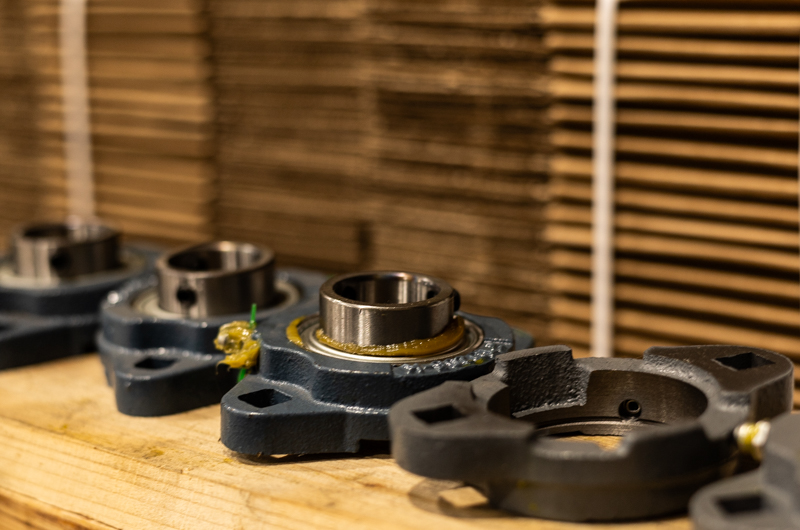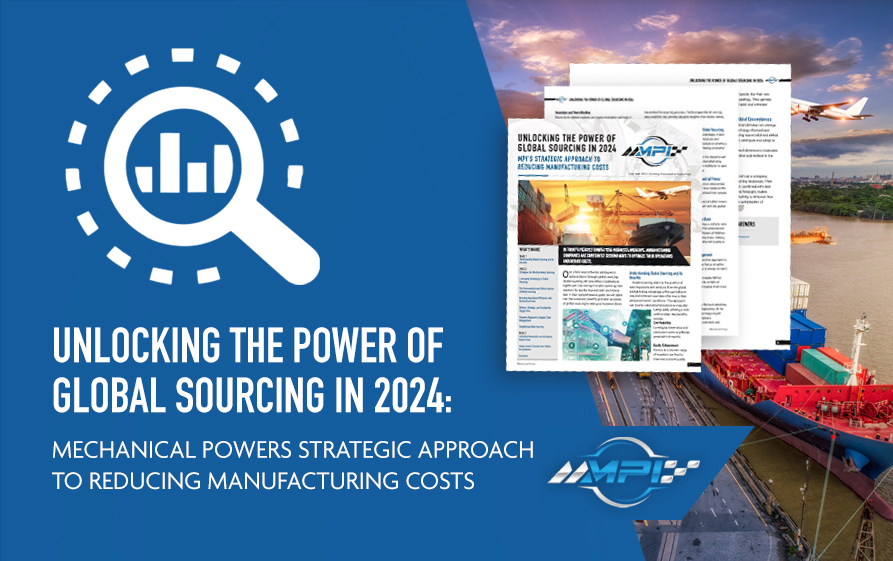One of the most integral components of the machine industry are bearings. They are a certain type of mechanical part that help reduce friction between moving metallic surfaces and parts. They are used in all kinds of machines and devices, and they help achieve operational efficiency while also reducing friction and the resultant heat buildup.
However, your bearings can continue to experience wear and tear over time, particularly if your machines operate at high speed and with high load and temperature.
No matter how expertly they are designed, no bearing is perfect, and it eventually succumbs to the heat and wears it experiences when the machine is running at full operation. Depending on the bearings distributor you choose from, you can expect the bearings to last a certain service life. However, there are various ways to maximize their reliability, and this article discusses how you can do this.
The Importance of Bearing Efficiency and Reliability
As you know already, bearings are essential components in the machine industry, and they are used in all types of machines, large or small. There might not be a single machine that doesn’t contain bearings. They help reduce friction between two rolling or moving parts inside the machine, thus keeping friction and the heat buildup at a minimum.
Having properly working bearings in your machinery is highly crucial because it maximizes their output and efficiency, thus helping you produce a higher amount of products and materials in a shorter period. If you don’t focus on the bearing’s service life, you might encounter an overheating machine that doesn’t achieve optimum speed, resulting in a lowered throughput. Eventually, this would hamper your sales and also impact your profitability.
Moreover, if your bearings are working properly, it would also keep the maintenance costs lower over time, and you would have to worry less about repair costs. If the bearings are worn out and your machine continues to overheat due to excess friction, it might cause the machine to malfunction and also cause one of the parts to snap or break off. Additionally, you would need to replace the bearings less often.
Factors That Cause Excessive Wear and Tear to Your Bearings
Depending on the bearings distributor, your bearings will have a certain service life, and it is quite rare for the bearings to last the entire time. For instance, if your bearings come with an advertised service life of one year or 100,000 rotations, you might find that your machine slows down or starts generating excess heat as early as 40,000 or 50,000 rotations.
Another thing to remember is that choosing the right kind of bearings is also integral. The selection depends on several factors, including the bearing load and capacity, the speed at which your machine runs, and others. By getting these factors right, you will find a suitable bearing that reduces friction and maximizes operational efficiency. With that in mind, let’s look at the factors that cause the bearings to wear out quicker and the methods you can follow to maximize their life.
Machines Operating at High Speeds
Several types of machines operate at higher speeds than others, and they are used in various industries for manufacturing different types of goods. Since the parts inside them are moving at higher speeds, they will also produce more friction if they grind against each other. Therefore, bearings are fitted inside the machine to ensure that it doesn’t overheat or malfunction, saving you thousands of dollars in maintenance and repairs.
If the bearing inside a high-speed machine is going faster than its stated limit, you can expect it to wear out faster and thus fail before it fulfills its service life. The high speeds are also accompanied by lots of vibration and imbalanced forces, which can cause the bearing to run unevenly and out of sync. Moreover, if the bearing has a lighter load than its recommended range, the high speeds could cause it to slip out of place and fall out, which can harm the machine.
To prevent this from happening, you should regulate the machine’s speed and increase the load applied to the bearings. This way, they will continue to run smoothly without any external stress.
Sudden Change of Speed
Along with machines working at constantly high speeds, another factor that can cause the bearings to wear out is a sudden speed change. If the machine suddenly accelerates or decelerates, it can cause the rolling elements and the bearings to slip, thus causing additional wear and tear on the bearings. As a result, your bearings will continue to get stressed and might also fall out of place, causing the rolling elements to grind against each other and generate excessive heat. Therefore, your bearings might fail prematurely.
The best way to work around this is to ensure that the machine doesn’t encounter any sudden speed changes. By doing this, the bearing reliability will increase, but it would also help you maintain steady production output.
Lack of Maintenance
A lack of maintenance can also cause the bearings inside your machines to wear out prematurely. Machines come with pre-lubricated bearings, but the industry lubrication also has a limited service life. Moreover, lubrication can wear off quickly due to several factors, including time elapsed, number of rotations, environmental factors, operating conditions, and mechanical stress. As a result, the bearings start to run without proper lubrication, thus causing them to work under greater stress.
In such cases, you will have to perform a maintenance check and get the bearings lubricated again with the right type of lubricant. It might be costly for you to get all the bearings lubricated, and you might also have to replace some of them, but lubrication would go a long way towards increasing their service life.
Choosing the Wrong Bearing Lubrication
Relating to the previous point, choosing the wrong bearing lubrication for your bearings can be detrimental to their smooth operation and cause them to wear out much quicker. As mentioned above, machine-fitted bearings are pre-lubricated. If you get them changed during a maintenance session, you can also find pre-lubricated bearings to replace them with. However, if you get your bearings lubricated with the wrong type of lubricant, you might cause them to wear out much earlier than expected.
Accumulation of Dirt and Particles
A major problem with industrial machinery is that it gathers many dirt and oil particles over a long time. This mostly occurs due to a lack of proper sealing on the machines. If too much dirt accumulates over the bearings, it can cause excessive friction, thus defeating their purpose. The best way to go about this is to apply the right type of seal, along with its suitable grease, to maximize the service life of your bearings.
Generally, bearing failure isn’t something to be alarmed about, but not being proactive in replacing or lubricating it can be a source of worry. Running your machines on failed bearings for a long time can lead to major problems, including malfunction, overheating, reduced output, and health hazards. By following the above steps and precautions, you will be able to increase your bearing reliability and ensure your machinery’s smooth operation.

Resourceful and innovative Marketing Pro, with 20+ years of progressive experience in the marketing and creative technology industry. Responsible for digital and traditional marketing efforts that promotes brand awareness, increases engagement, and drives revenue.

